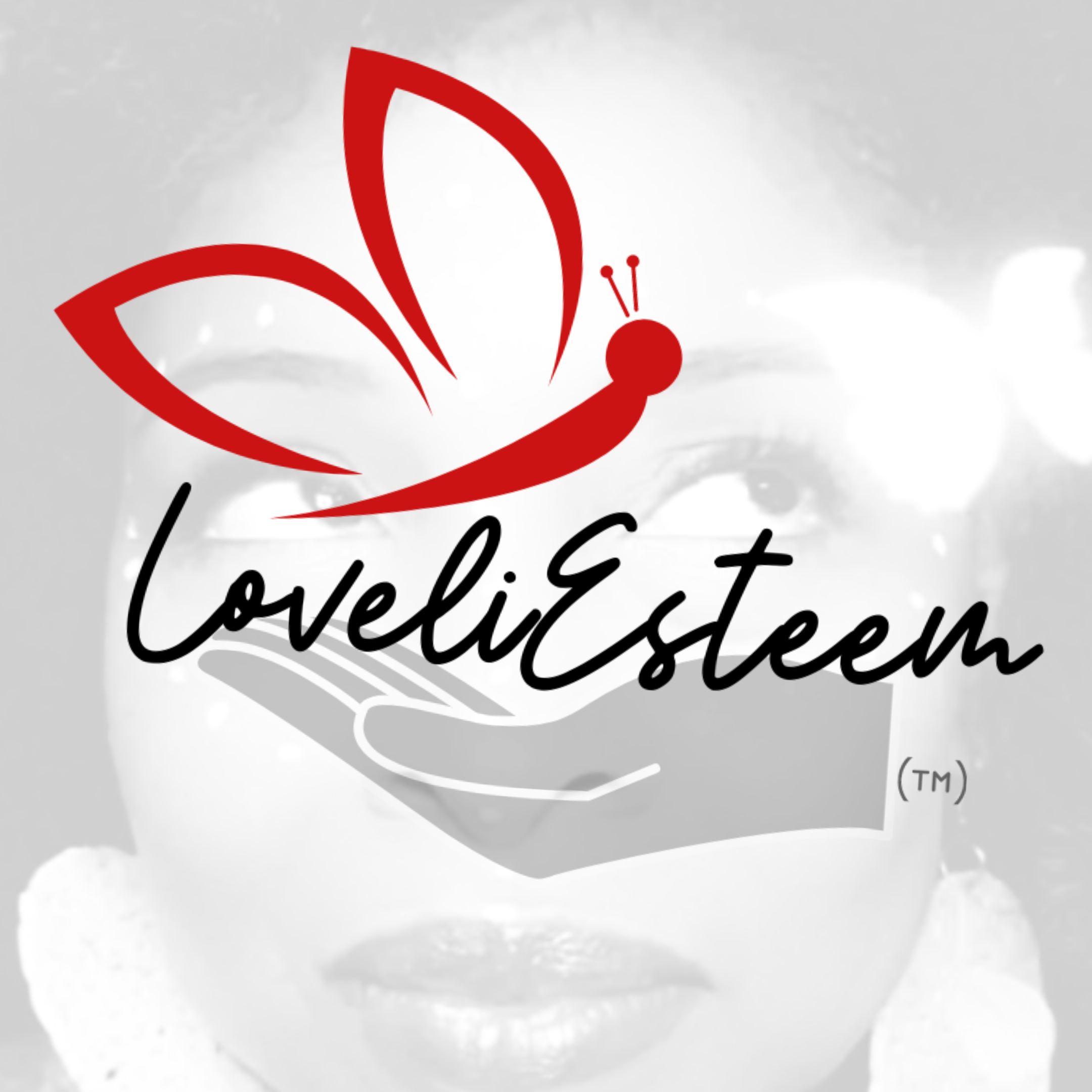Workplace Infidelity: How Your Lack of Discernment Harms Your Organization
- LoveliEsteem

- Apr 9, 2024
- 4 min read

By: Loveli Brown
In the tender embrace of understanding and self-expression, it’s paramount that we navigate our professional landscapes with integrity and respect, not only for others but also for ourselves.
The workplace, a melting pot of diverse individuals and interactions, can sometimes blur the lines between professional and personal. However, with a mindful approach, we can foster environments that thrive on respect and clear boundaries. Here, we explore five ways to avoid workplace infidelity, woven with the threads of conversation and self-advocacy.
Infidelity in the workplace is a deeply sensitive and complex issue, affecting not just the individuals directly involved but also the broader work environment in subtle yet profound ways. At its core, workplace infidelity disrupts the delicate balance of professional relationships, introducing an element of personal conflict and emotional turmoil that can ripple out, touching colleagues and the organizational culture itself. It's a reminder of the importance of navigating our professional spaces with integrity and mindfulness, fostering environments where open, honest communication is valued and encouraged.
When personal relationships cross into professional boundaries, the impacts are multifaceted. Trust, the bedrock of effective teamwork, can become eroded, not only between the parties involved but also among their colleagues. This erosion of trust can lead to a decline in morale, as team members may begin to view their work environment as less secure and more volatile. The situation underscores the necessity of clear, compassionate dialogue within our workspaces. Encouraging conversations about professional boundaries, respect, and the impact of our personal decisions on our collective work environment can help in preemptively addressing potential conflicts, fostering a culture of mutual respect and understanding.
Moreover, infidelity in the workplace can lead to a distraction from organizational goals. The focus shifts from collective achievement to personal drama, affecting productivity and, ultimately, the bottom line. This situation is a poignant reminder of the power of dialogue and the role it plays in navigating complex personal and professional landscapes. By championing open discussions and creating spaces where individuals feel comfortable expressing their feelings, wants, needs, and desires, organizations can advocate for a healthier, more resilient workplace culture. In doing so, they not only address the immediate challenges posed by workplace infidelity but also build a foundation for stronger, more effective advocacy for all members of the workplace.
Ways to address infidelity in the workplace:
First and foremost, nurturing open and honest communication with your partner sets a strong foundation. Let your relationship be a sanctuary where vulnerabilities can be shared without fear of judgment. Discuss your work dynamics, the people you interact with, and how it makes you feel. This isn’t about surveillance or mistrust but building a transparent bridge between your professional and personal worlds. It’s in these heartfelt conversations that we find strength and understanding.
Establishing clear boundaries at the workplace is crucial. This means being vocal about your comfort levels and respecting those of others. Whether it’s physical space, conversation topics, or modes of communication, clarifying these boundaries can prevent misunderstandings and uncomfortable situations. It’s also important to be introspective about the friendships and connections you form, ensuring they are respectful of your relationship.
When addressing the sensitive topic of infidelity in the workplace, it is crucial to approach it with empathy and understanding. Here are some key points to consider:
Impact on Relationships: Infidelity can cause significant strain on relationships within the workplace, leading to distrust, hurt feelings, and potential breakdowns in communication.
Professional Consequences: Engaging in infidelity in the workplace can have serious professional consequences, such as damaging one’s reputation, creating a toxic work environment, and even leading to termination in some cases.
Ethical Considerations: It is essential for individuals to uphold ethical standards in the workplace and to consider the impact of their actions not only on themselves but also on their colleagues and the overall work environment.
Seeking Support: If infidelity is discovered or suspected in the workplace, it is important for all parties involved to seek support, whether through HR, counseling services, or other appropriate channels, to address the situation in a constructive manner.
Creating a Positive Work Culture: Employers can play a crucial role in fostering a positive work culture that values integrity, respect, and open communication, which can help prevent infidelity and other harmful behaviors in the workplace.
Investing in your personal growth and relationship nurturing is key. The stronger you are as an individual and as a partner, the less likely you are to seek fulfillment elsewhere. Engage in activities that bring you joy and satisfaction, both within and outside your relationship. Celebrate each other’s successes and be a pillar of support during challenges. Remember, it’s the little things that often make the biggest difference.
In essence, avoiding workplace infidelity is not just about steering clear of temptation; it’s about fostering a culture of respect, communication, and self-awareness. It’s about valuing the sanctity of your relationship and honoring the commitments you’ve made. Through open dialogue, clear boundaries, and continuous personal and relational growth, we can advocate for ourselves and the love we cherish.
#motivation #mentalhealthawareness #loveliesteem #mentalhealth #physicalhealth #emotionalhealth #spiritualhealth #financialhealth #intellectualhealth #purposeplan #aligninglifewithyourpurpose #healingthroughconversations #infidelity #professionalgrowth #workplaceinfidelity #ethics #morals
Loveli Brown
@loveliesteem
Healing Through Conversations Podcast
“Being able to articulate your feelings, wants, needs, and desires is the best way to advocate for yourself. This all starts with a conversation”. Loveli xoxo



Comments